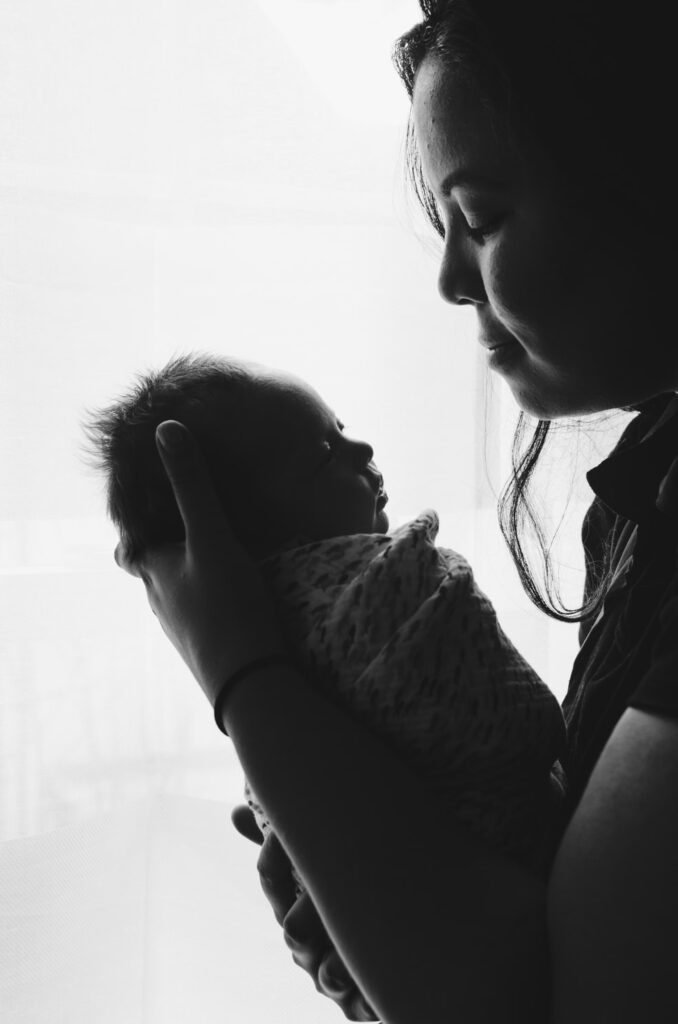
Variations on the story have shown up several times over the past weeks: an infant is found abandoned in the street, outside a fire station, in a dumpster. In the most publicized case, the mother left a note begging for help for her child, and confessing to her financial inability to care for the baby. Her desperation was palpable, and most of us can only imagine how alone and scared she must have felt. We don’t have to experience the feeling ourselves, though, in order to know that it’s a terrifying moment, realizing that there is a life you are responsible for but don’t believe you are equipped to handle. For us, it might not be the prospect of raising a child, but a medical emergency with a person we think might be dying in front of us perhaps, or maybe the lower stakes of being thrust into a people manager role or becoming an impromptu babysitter. Regardless of how we come to that understanding, if you are that mother, if you know that mother, if you know someone who may become that mother whether you suspect it or not, there are options you should know about and pass on to someone who might be in need.
For today’s purposes, I’m going to skim over public and private assistance programs to help with medical care, food, and housing. Just know that they are out there and since you’re already on the Internet to read this, search for your state’s CHIP/Medicaid (for health coverage), WIC/SNAP (for help buying food), and HUD (for rental housing) programs. Consider applying for funds through the Temporary Assistance for Needy Families (TANF) program. On the private side, search for “assistance for pregnant women” for everything from financial help to practical help to prepare for parenthood. Unexpected pregnancies have a way of throwing everything in life for a loop, and there are many resources available in whatever area you might struggle.
But you may decide that this baby is not for you, and that’s okay. Traditionally, the choices were abortion or adoption. Starting about twenty years ago in the United States, there’s another one. Safe haven laws are similar to adoption in that they are a way to give up parental rights so that somebody else becomes responsible for the child, but the process is less involved and complicated and doesn’t require the parent to disclose their identity. While the details are different in every state, they all allow for a newborn infant to be handed over to a hospital or other designated facility, anonymously and without liability for abandonment, neglect, or similar crimes. Safe haven isn’t a way to hide abuse or true neglect, though, or avoid prosecution for it. It’s simply a way to relinquish a child without the act itself being considered neglect or abandonment. In many states, there are limitations on who may take a baby to a safe haven, often a custodial adult or someone who has been given permission by a custodial adult, and there may be various protections in place to ensure that the child is truly being voluntarily given up, but most of them play out in the days after they arrive at the haven. In the meantime, the facility provides any immediately necessary medical care for the infant, and the government begins finding them a permanent home. While we could debate the effectiveness of public adoption programs (and we won’t here), the safe haven process gives unprepared parents a way to protect their baby’s life with less pressure from and exposure to more stressful, formal processes.
We can all dream of a world where all pregnancies are desired, and all parents are in a position to welcome babies into a healthy family. We can do our very best to help surprise pregnancies be happy accidents. But as a society, we aren’t there and we may never be there, and safe haven laws give one last chance for parents who feel they are out of choices to do the very best they can for their babies. Importantly, they do it without exposing the parents to judgment and shame, burdening them more in a difficult time as they try to make difficult decisions. As illustrated by the recent stories, not everyone knows about that option, though, and they should. Please be part of making sure they do.




